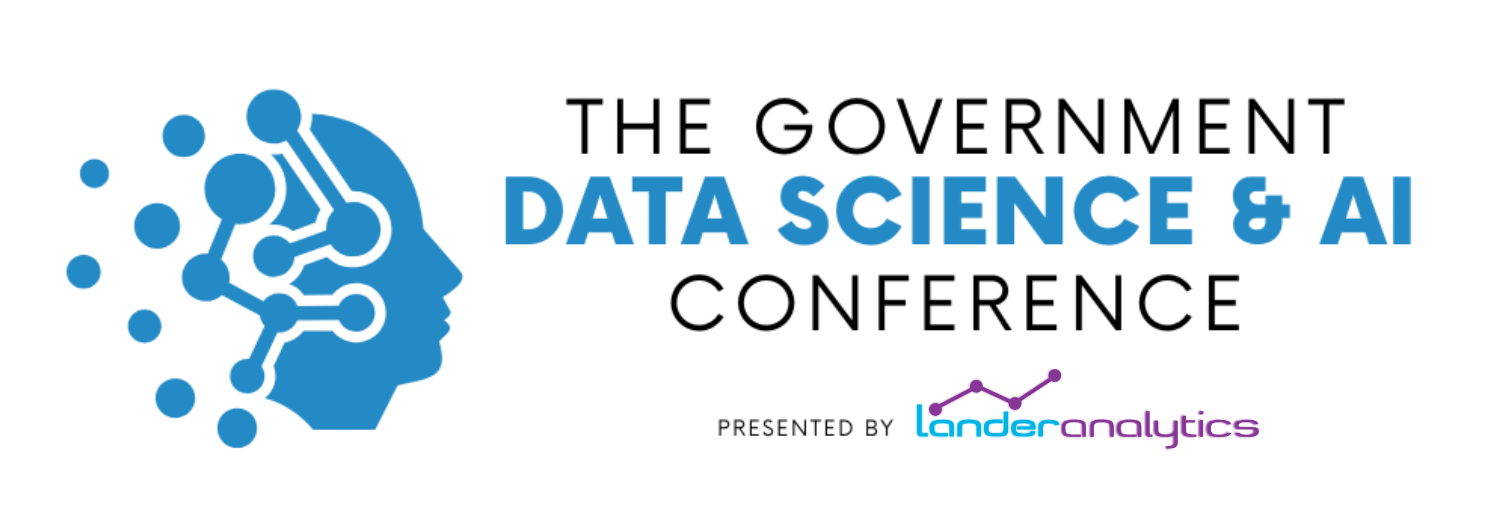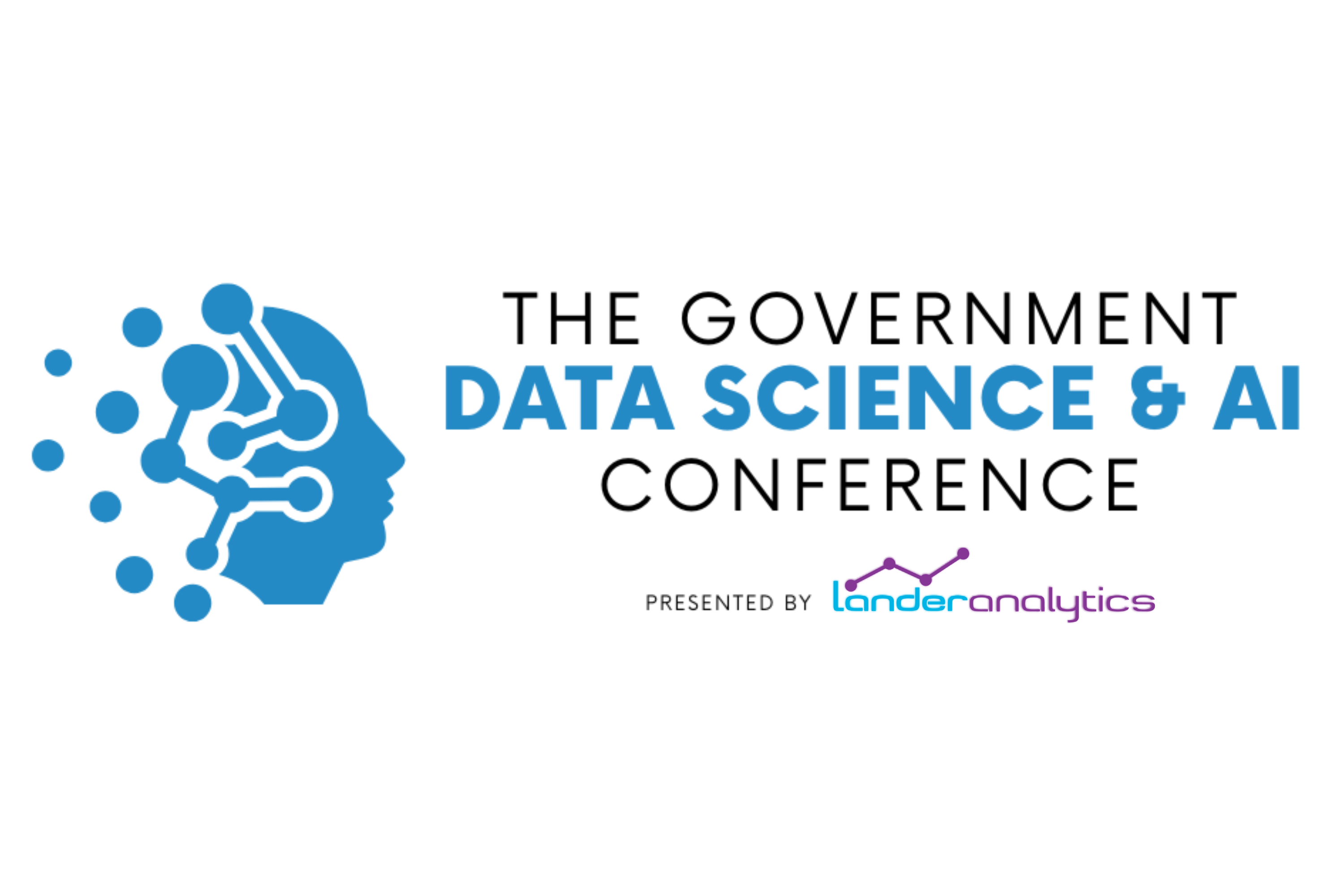The Government Data Science & AI Conference Presented by Lander Analytics
Stay tuned for the 2025 The Government Data Science & AI Conference Presented by Lander Analytics details!
Introducing The Government Data Science & AI Conference Presented by Lander Analytics—a premier event highlighting the intersection of data science, artificial intelligence, and public service. For the past seven years, the Government & Public Sector R Conference has been a key gathering for data professionals in government, defense, and the public sector. Now, as the field expands, so does our conference.
This conference brings together policymakers, data scientists, and technologists to discuss innovative applications of AI and data science in government, national security, healthcare, environmental policy, and beyond. With expert-led talks, workshops, and networking opportunities, this event serves as a vital platform for collaboration and knowledge sharing.
We will explore groundbreaking research, showcase real-world applications, and shape the future of data science and AI in the public sector.
© Lander Analytics 2025

